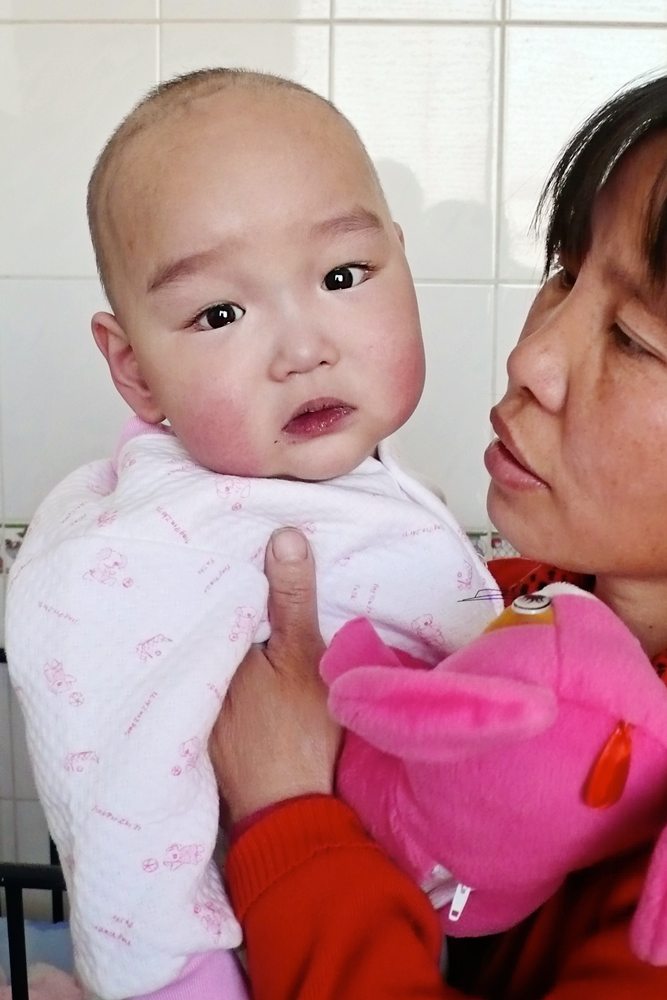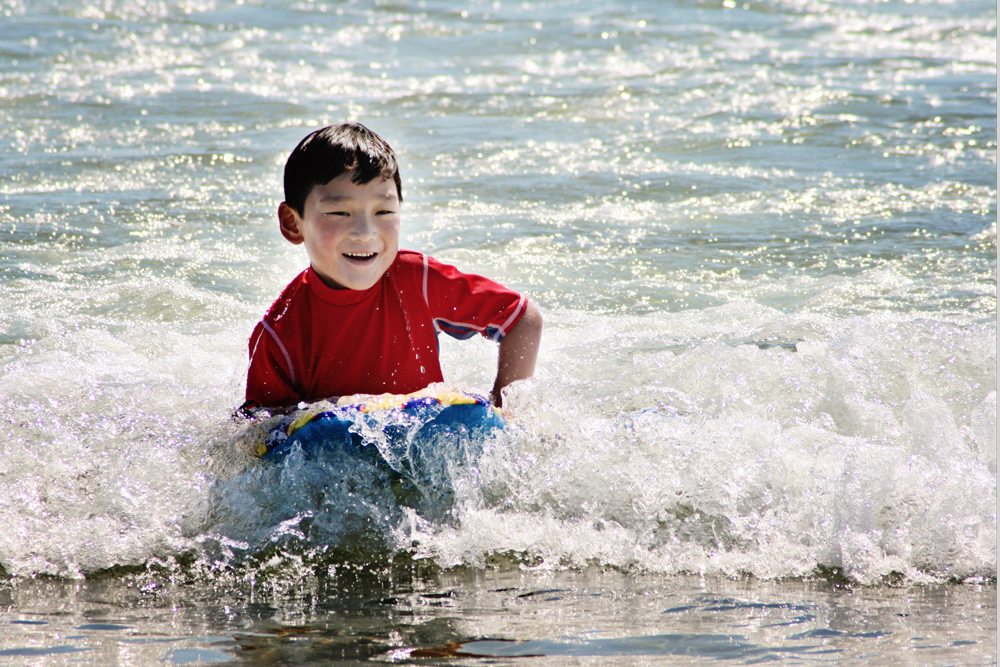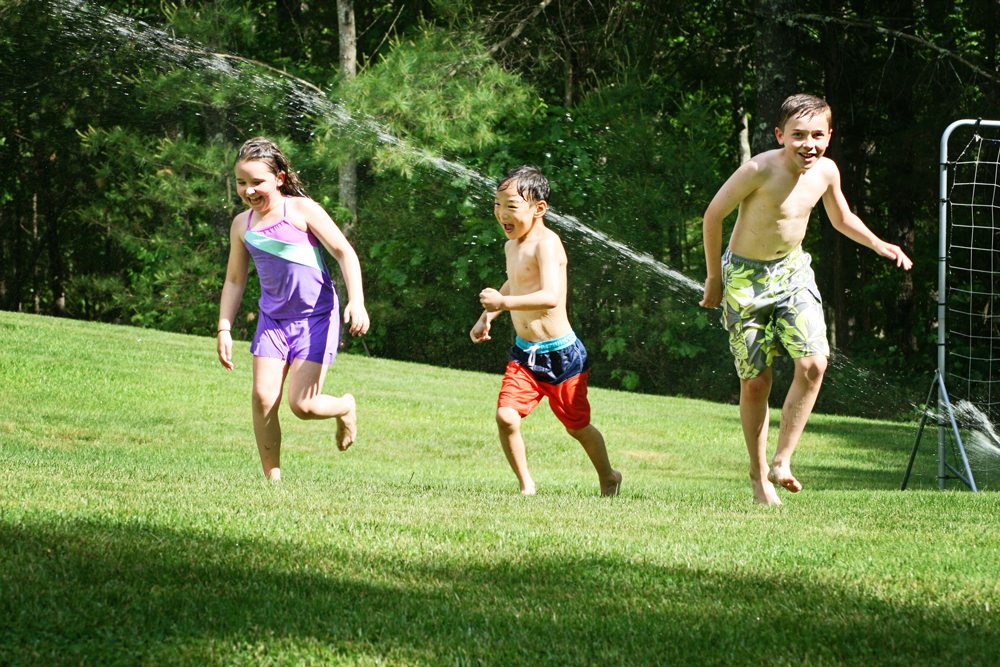When I saw my son’s picture for the very first time, before I knew he was my son, before we had decided to make him ours, the overwhelming emotion I felt was fear.
His diagnosis was just. plain. scary. to a regular old mom like me: Tetralogy of Fallot (ToF), cyanotic, not corrected till 16 months of age, and oh, not to mention, in his pre-correction picture his skin was gray and his lips and fingers were blue.His file said that when he went in for surgery to have his heart corrected he was only getting 30% oxygen. I’m no doctor, but I know that is not a good sign especially when the condition goes on for a long time.
I read information about the condition, so I understood it to the level that I could. However, reading about what a condition is is altogether different from understanding what that means for that child and his/her parent/family. What is day-to-day life like for a child with ToF? What medications can I expect him to be on, if any? What impact will this have on our family (at the time my two biological children were 7 and 4 years old)? What about these “underlying syndromes” that can sometimes accompany ToF? What long-term affects do a year of oxygen deprivation have on a child?
The practical, realistic, pragmatic side of me needed these answers to know if I could handle his needs well. What I needed was another Mama to talk to. Someone who could personalize the experience for me, someone who could tell me not about ToF, but about what life is like when your child has ToF. I turned first to No Hands But Ours, but at the time it was relatively new and there was only one article that talked about ToF. I’m sure it was great, and brilliantly written, however, it did not answer my very specific questions about day-to-day life for survivors of ToF and their families.
So, I emailed a blogging friend I had never actually spoken to in my life, and asked her to call me. (Aren’t those fellow adoptive mamas the best?) I asked her my questions, and honestly, I think she told me in essence what I am about to tell you, but the description of ToF sounded just so scary (thanks, WebMD) I couldn’t bring my heart to fully believe her.
Ultimately, we set fear aside and decided that we wanted to be part of the story God was writing in the life of this amazing little boy – whatever that meant. WOW. What we would have missed if I had let fear get in the way.
So, allow me to talk about the day-to-day life of a kid with uncomplicated ToF (meaning he has no additional conditions like hypertension, etc.). Our day-to-day life with Cooper – now age eight and home for four years – involves a lot of the following:
school, homework, legos, gymnastics, baseball, snuggling, kissing, thumb-sucking (for a time), swimming (in summer) sledding (in winter), playing Wii, fighting with his sister, playing with his sister, annoying his brother, playing soccer with his brother, the occasional temper tantrum early on, bike riding, junk food eating, reading, math facts, healthy food eating, broccoli-hating, Cars, cartoons, crying, laughing, yelling, singing, Tooth Fairies, Easter Bunnies, Santa, but no Elf on the Shelf.
So, what about ToF? When does that show up? In what ways do we see it in our daily lives?
We don’t.
Cooper has some quirky things about him that the cardiologist has said are not a result of ToF, but I swear they may be related because I have heard other ToF mamas mention them. For example, he gets cold easily and will start sweating like crazy the minute he gets warm. His range of comfortable is small. That’s literally it, and the cardiologist would tell you it’s not ToF anyway.
What about the affects of oxygen deprivation during that first year of life?
I suppose this may be the only affect of ToF for Cooper that I can think of. He has a slight motor skills delay that we believe is related to the lack of oxygen to his extremities during the first year of life (read: he’s a bit clumsy and his handwriting is messy – that’s the sum total of it). We lose no sleep over this. We enrolled him in gymnastics and have seen a great improvement. We had him evaluated by an OT and she told us he’s a pretty typical second grade boy handwriting-wise. No services needed. His slightly lagging fine motor skills do not prevent him from playing Mario Kart, so he’s glad about that. As for success in school, he’s wicked smaht (that’s New England-speak for really bright), does great in school, and learns everything quickly.
What about medical appointments? Medications (and their accompanying costs)?
When we first came home from China, we saw the cardiologist twice a year. We quickly graduated to once a year, and if they didn’t send me the reminder in the mail I would completely forget to make the appointment. It literally has zero effect on our day-to-day lives that half the time I forget his heart was actually broken for over a year. He is as typical a kid as you would ever meet.
He is on no medication. He has no restrictions, though I have asked the cardiologist to please tell him he is not allowed to jump out of planes or bungee jump ever. I mean, come on, can’t he help a Mama out?
Unless I told you or you saw him at the beach proudly displaying his gigantic scar, you’d literally have no idea he was ever so sick. When I tell people, they are shocked.
What about underlying syndromes?
I don’t know. Maybe Cooper has one. I have no idea. I’m not sure it matters. He is who he is. I suppose if he was having any issues, we would investigate. He’s not, so we don’t.
Long term, what’s the prognosis?
Life, liberty, and the pursuit of happiness.
He will need to have his valve replaced at some point in his life, but the cardiologist says that they try to hold that off for as long as possible (late teens/early 20s) so he is full grown when that happens. And, they are now starting to do those valve replacements in the cath lab as opposed to another open-heart surgery. So, it looks like he won’t even have to have another major surgery.
Cooper’s greatest need since coming home has been related to his heart, but not to his ToF. His greatest needs have been overcoming grief, learning to love us as his family, receiving our love in return, and gaining security and self-confidence through it all. ToF hasn’t stopped him from succeeding at any of that either.
This boy’s heart? It’s strong.
— guest post by Jenna





























Thank you for this! We leave in approximately 6 weeks to get our little girl who has ToF and even though I know that the day to day effect is like you’ve described, its so great to be reassured.
Thanks for sharing! Our daughter adopted from China in 2012 also has TOF. She was 11 months old at time of adoption. Her adoption file showed VSD, but when we got her home to the U.S., we discovered she had TOF. She was repaired at 13 months and is doing great. She sweats a lot too. She will wring in sweat. She is 4 now and no developmental issues discovered up to this point.
I am reading this while I am with my daughter( 4 months old) in the ICU she has just her surgery yesterday she also has TOF. Thank you so much you gave me hope!
The most comforting thing ive read in the past 5 emotional days since our baby’s prenatal diagnosis of TOF. Thank you.